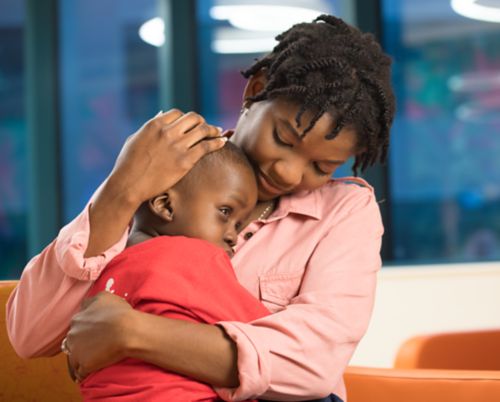Side effects are unintended effects that can happen when you take a medicine or get treatment. Most side effects go away after treatment ends. But sometimes, medicines and treatments can cause lasting changes. These are called long-term side effects or late effects.
Side effects are hard to predict. Some patients may have mild side effects. Other patients may have severe effects. The same patient can have different side effects from one course of treatment to another.
Living with side effects can be hard both physically and emotionally. Health care providers plan treatments to limit side effects as much as they can while still treating the illness effectively. Your care team can help you prepare for side effects and manage them if they occur.
The side effects your child may have depend on the medicines and treatments they get. Each child responds differently. Your care team will talk with you about any side effects that you might expect.
Some common side effects include:
How to manage side effects
Each treatment is different. It is important to let your care team know about your child’s symptoms. It may be helpful to keep a record of your child’s side effects. Try to figure out things that make your child’s symptoms better and worse.
A journal or mobile app can be used to keep track of:
- Symptoms and their severity
- When they occur
- What seems to help
To help manage side effects, encourage your child to:
- Eat healthy foods
- Be physically active
- Follow a good sleep routine
- Talk about their symptoms
You can help create a safe and supportive environment where your child feels comfortable talking about how they feel. Talking to other children and families can provide other ideas and support for managing side effects. It can help to know that others are going through—or have been through—the same thing.
Your care team may adjust your child’s treatments or prescribe medicines or other treatments to help with side effects. Your child may meet with palliative care or pain specialists. These team members work with the rest of the care team to manage side effects and provide comfort. Social workers, mental health providers, child life specialists, and chaplains can also help.
In addition to medicines, your child may use coping strategies such as:
Although it may take some problem solving and planning, it is possible to have better control over side effects.
Questions to ask your care team
—
Reviewed: September 2024




